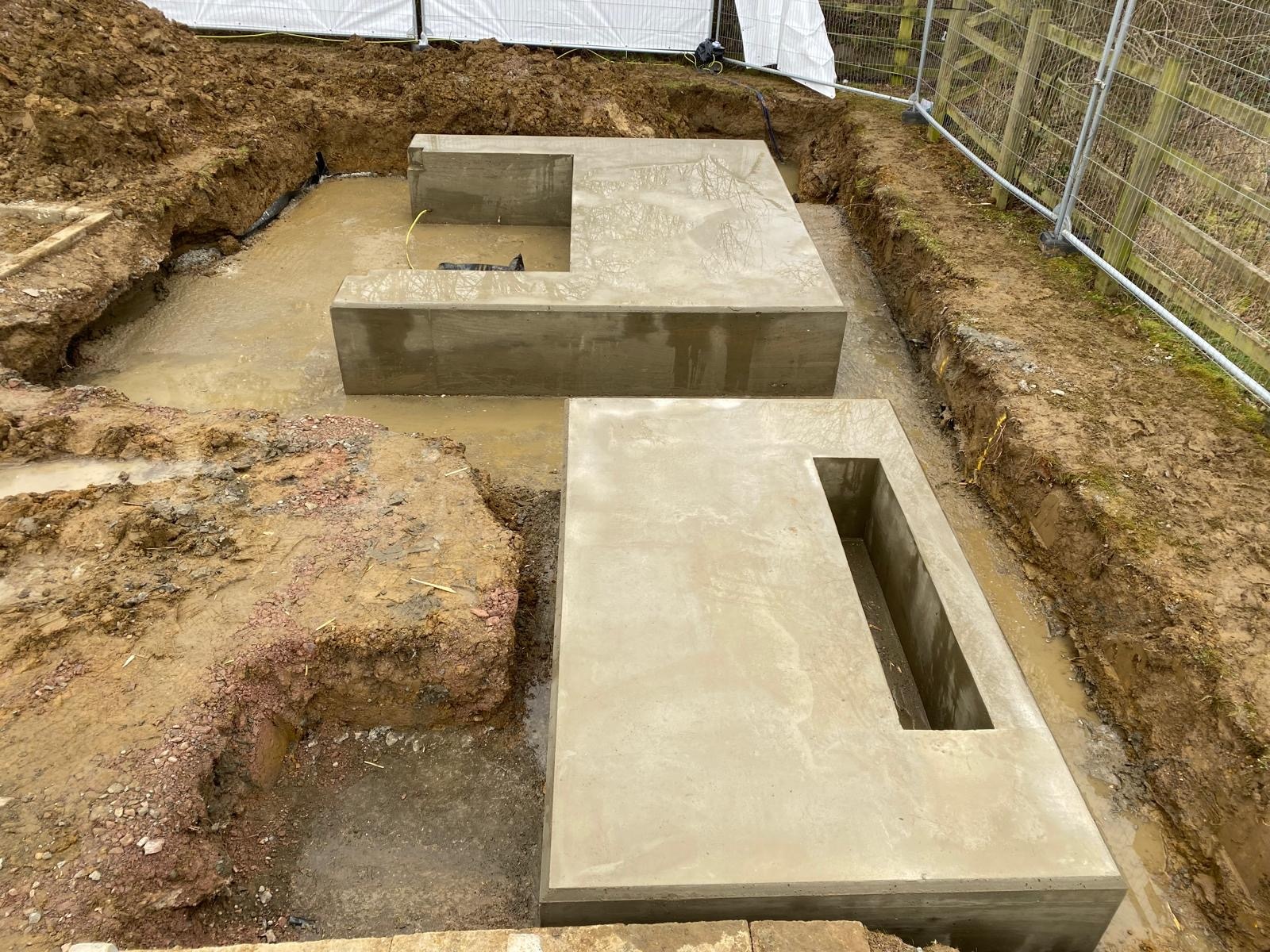Timber vs. Steel vs. Plastic Formwork: Which Is Right for Your Project?
May 28, 2025

In the old days, formwork meant timber, but now technology has advanced, and people have become more innovative. Now, when you say formwork, people come asking- timber, plastic or steel? Well, it depends on the type of work you are talking about.
Determine whether the construction project is an industrial or residential one, with numerous design customisations. In both cases, different types of formwork are needed. Each type of formwork serves its purpose to be on top of the comparison list.
So, let’s discuss them in detail in the following section.
Timber Formwork
This is the traditional way of building formwork with wood plank, plywood or other elements. You can use timber formwork to give a designer look to your house.
Advantages
The most important feature of all is the ability to customise. You can cut or shape timber formwork in shapes that you see fit for the construction of custom design concrete. The materials are readily available for use in the construction work. It’s cost-effective and affordable to be used in several casting and curing of concrete.
The timber formwork is most suitable for small projects or those with a short duration, small-scale projects.
Disadvantages
The timber formwork has a relatively short lifespan. After using it a few times, it loses its usability. For example, if the timber form has been used in 8-10 construction works, it starts to lose its structural integrity. Besides, it catches moisture from the environment and also from the liquid concrete. So, you would have to use plastic sheets between the liquid concrete and the wooden structure to prevent it from absorbing concrete moisture.
Moreover, the material needs more labourers to install in the site of construction. The labour-intensive installing method makes it a bit more costly to use.
Best Use Cases
Mainly in residential works and where customised design is needed. Steel Formwork
It is used in repetitive construction work and offers long-term service in construction.
Advantages
Compared to the timber formwork, steel formwork is much stronger and durable. As a result, you can expect it to last longer than timber formwork materials. Use them in various construction scenarios to develop a strong concrete structure.
Moreover, the smooth surface of steel formwork manages to develop a concrete structure with smooth finish. The steel formwork lasts longer because it does not catch moisture from the liquid concrete or from the environment.
Disadvantages
Despite its several advantages and excellent usability, it has some disadvantages as other concrete structure. Firstly, it comes with high initial costs. You need to invest into it a lot of money to get a complete set of steel formwork elements.
Besides, you cannot use them in flexible designing of concrete structures. You cannot cut down the steel formwork to design flexible concrete structure.
Best Use Cases
In high rise buildings where the concrete construction work is done on a large scale. Besides, it can be used in repetitive work as well. Plastic Formwork
The latest invention in formwork section offers flexibility and reusability.
Advantages
The plastic formwork is lightweight and can be used multiple times. More importantly, the material can be used multiple time in several construction work. It do not absorb water from the concrete or reacts with any chemical.
If you prefer modular construction work, plastic formwork is ideal.
Disadvantages
The plastic formwork solution can be expensive as initial investment is needed to get them in bulk. However, it is cheaper than steel formwork. As the formwork material is lightweight it cannot cary extensive load. So, plastic formwork solution may not be ideal to carry concrete loads of large scale construction.
Best Use Cases
The best way to use the plastic formwork solution is in medium scale construction projects. It should be used depending on its load bearing capability.
Key Factors to Consider When Choosing Formwork
Before using any type of formwork solutions for your construction project, consider its size, complexity and your budget. If it's a large scale project and the formwork solution have to carry excessive load, it's better not to use plastic formwork.
If you want a smooth surface and the concrete load is on the higher side, go with a steel formwork solution.
Concluding thoughts
Not all formwork types fit all purposes. Timber formwork might be suitable for custom designed concrete and also comes at an affordable rate. While steel formwork has higher load-bearing capabilities. So, use them for large-scale construction projects. Moreover it offers a smooth-surfaced concrete structure. You can also go with a mixed approach when choosing a formwork solution. Use timber for custom design and plastic or steel formwork for repetitive concrete design.
Recent Blogs
- Timber vs. Steel vs. Plastic Formwork: Which Is Right for Your Project?
- Eco-Friendly Formwork Materials: Are They the Future of Construction?
- A Complete Guide to Slab Formwork: Types, Materials, and Best Practices
- Climbing Formwork: A Modern Invention For the Ease of Construction
- What are the Differences Between Formwork and Falsework?